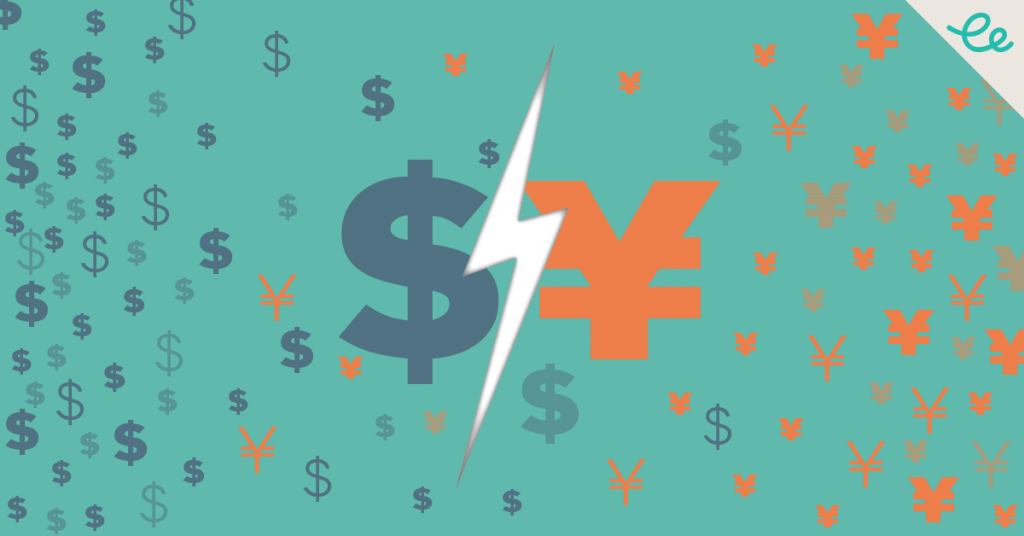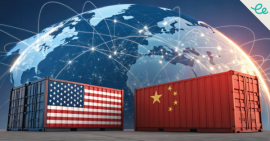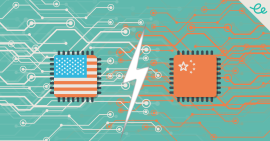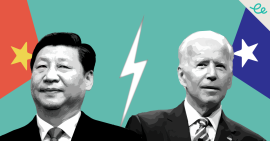Both sides made efforts but doubts remained that the US and China could avert the looming trade war, largely responsible for Chinese equity markets tumbling and a further downturn in China US relations. This article is a summary of important US China news in June 2018.
A number of White House officials attempted to restart talks with China before tariffs set to take effect on July 6, and Xi Jinping enlisted the help of foreign chief executives – including the CEOs of some US companies. Beijing wants to avoid firmer measures against the US, observers say, but may consider moves that would restrict US investment in China and make it difficult for Chinese companies to transact business with US firms.
The US government passed a bill to tighten foreign investment rules, spurred by concerns about Chinese acquisitions of companies producing politically sensitive or sophisticated technology. Congress also advanced laws to toughen national security reviews of foreign deals , with investment sanctions targeting sectors such as aerospace and robotics mentioned in Beijing’s “Made in China 2025” industrial plan. Despite many differences, China and the EU planned a working group to revamp the WTO and counter US unilateralism.
“No other country will be able to compare,” said one expert after China Telecom announced its “Three Clouds” 5G network structure, another example of China leading the world in the development of the fifth generation of mobile technology, allowing far greater data processing speeds than current 4G technology, and challenging US tech dominance.
Beijing was one of the big winners of the Trump-Kim summit in Singapore, according to pundits, not least because the US president seemingly promised to scrap regular US-South Korean military exercises. But anti-Chinese protests in Vietnam showed yet again that China’s ambition to play a greater role in the region is meeting push-back.
China’s navy carried out new drills in the South China Sea to simulate fending off an aerial attack, a day after China and the US traded barbs over who is responsible for heightened tensions in the disputed waterways.
Beijing’s unexpected cut in solar subsidies, coupled with a freeze on new solar installations, showed Beijing means what it says about cutting excess capacity. Shares in big US solar companies also plummeted, on anticipation of a solar panel glut dragging down prices globally – not what Trump had in mind when he slapped tariffs on Chinese solar panels in January.
ZTE agreed to pay the $1bn fine imposed by Trump, in return for ending a ban on its purchases of US components. China’s annual college entrance exams began in tandem with extraordinary high-tech efforts to prevent cheating, further proof of Chinese tech progress. China entered its first international AI competition in 2011, and Chinese organisations now take four of the top five places in Stanford’s Question Answering Dataset.








Comments are closed.